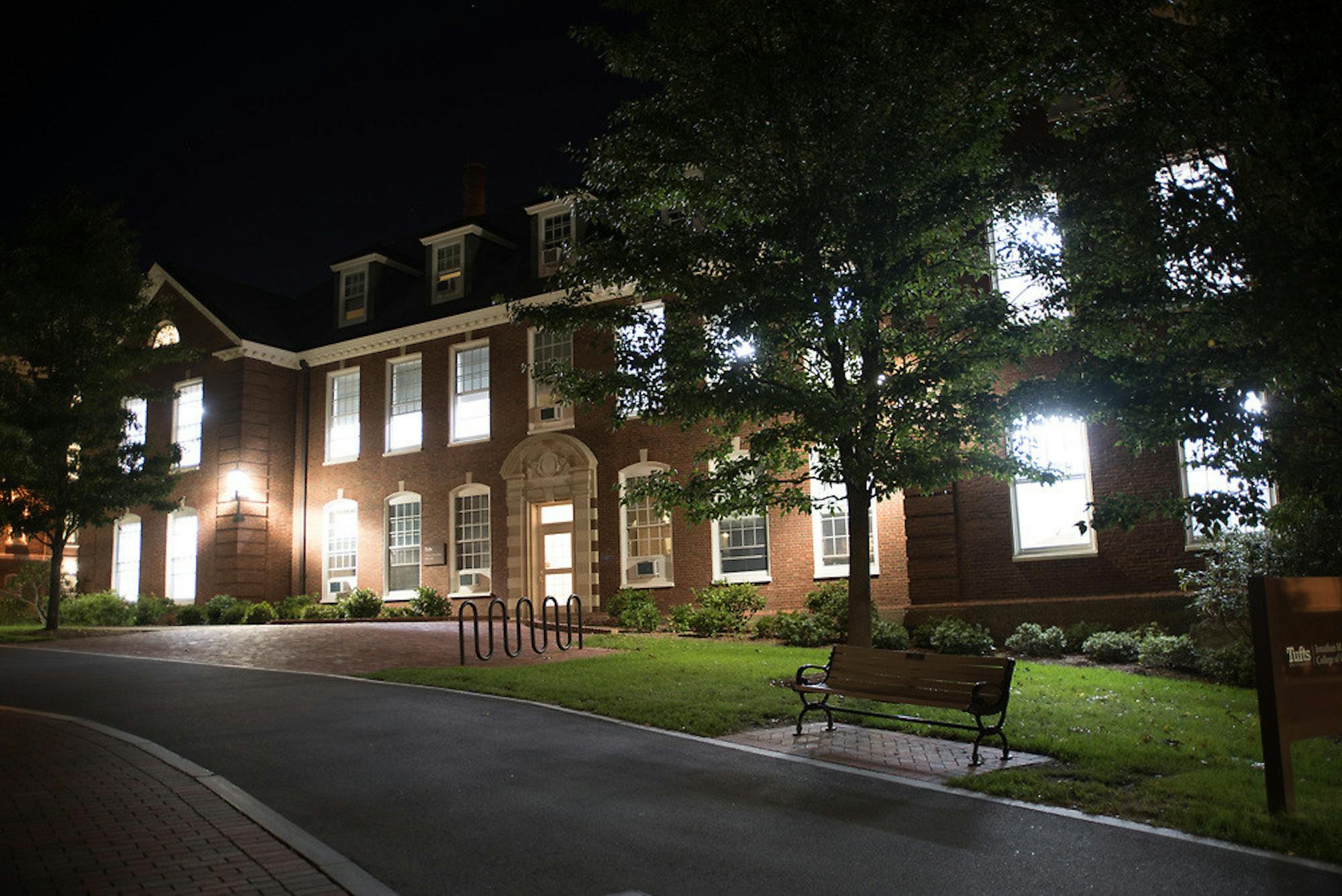Recently, I read an article in the Tufts Observer that recommended the economics department teach theories other than capitalism in order to prepare students to confront the racism, sexism and inequality in our society. The article cites capitalism as the cause of these problems and argues that the economics department is complicit in their existence because it teaches the theory. I was surprised to read the article because it did not reflect my experience with the economics department, which has taught me to be critical of a totally free market and has prepared me to actively engage in politics and social issues.
In Econometrics, which all economics majors must take, we studied racial disparities in income and education. We looked at the unfair wage gap between men and women. My final paper recommended options to strengthen Pell Grant funding for low-income students. In the State and Local Public Finance class, we looked at how racist zoning laws have helped the rich and white residents of a community at the expense of everyone else. In Environmental Economics, we studied how the free market consistently fails to preserve important environmental services, disproportionately affecting low-income people of color. In each of these courses, our assignments asked us to design government policies and programs to correct free market failures. This type of analysis is typical in many electives and some core courses offered by the department.
While economics may seem to focus on maximizing profit, the real goal is to maximize social welfare and to zero out profits. In our models, we prefer an equitable distribution of resources over the most profitable one. To ensure maximum social welfare, economists routinely recommend government intervention as a policy prescription, because they know the free market isn’t perfect. After all, the point of studying economics is to learn to identify and respond to free market failures. If the free market worked perfectly, the economics department wouldn’t exist.
But while I was disappointed in the Observer’s coverage, I was also disappointed in a small number of my classmates who responded to the article’s concerns about capitalism and its inequalities with something along the lines of “Well, that’s just how the world works. Deal with it.” This kind of resignation is lazy and unproductive, and it’s a dereliction of our duty as economics students: to think critically about the way our economy works and to try to make it work better for everyone.
There’s this notion out there that economists put “profit over people,” or that capitalism is based on helping the rich at the expense of the poor. That's not true in modern economics, and it’s certainly not true of my experience at Tufts. My hope is that any students who hold these views will take a few classes in the economics department, pursue the major or graduate studies and use their knowledge and experience to change our economy and our politics for the better. At least, that’s what I’m hoping to do.
Op-Ed: How to care about people and also major in economics






